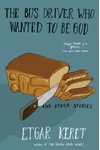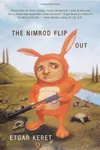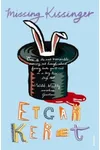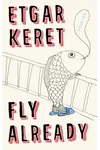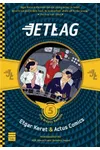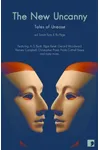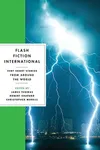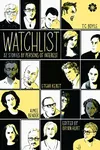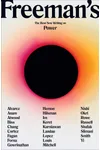Picture an Israeli storyteller who spins tales so quirky they feel like dreams you didn’t know you had—meet Etgar Keret! Born in 1967 in Tel Aviv, Keret is a master of short stories and graphic novels, blending surrealism with sharp, darkly funny insights into human nature. His works, translated into over 40 languages, have won hearts worldwide, earning him the prestigious Prime Minister’s Award for Literature.
With a knack for capturing the absurdities of life, Keret’s stories are like quick, witty chats with a friend who sees the world sideways. From Holocaust survivors’ legacies to modern Israel’s paradoxes, his writing dances between the personal and the universal, making him a standout voice in contemporary literature.
The Making of Etgar Keret
Etgar Keret grew up in Ramat Gan, Israel, the youngest of three children born to Polish Holocaust survivors. His parents’ resilience shaped his worldview, infusing his stories with a mix of humor and poignancy. Keret started writing during his mandatory military service, finding solace in crafting tales amid chaos. His first collection, Pipelines (1992), emerged from this period, though it flew under the radar. Undeterred, he honed his craft at Tel Aviv University, where his unique voice began to shine.
Etgar Keret’s Unforgettable Stories
Keret’s stories are short, often just a few pages, but they pack a punch. His second collection, Missing Kissinger (1994), skyrocketed his fame with 50 bite-sized tales of love, loss, and absurdity. The story “Siren,” a staple in Israeli school curricula, wrestles with the contradictions of Israeli society. The Bus Driver Who Wanted to Be God (2001) showcases his surreal humor, following a driver chasing divine dreams. Fly Already (2018), which won the Sapir Prize, weaves near-tragic tales with a tender touch, earning the 2019 National Jewish Book Award.
His graphic novels, like Pizzeria Kamikaze, and films, such as Jellyfish (co-directed with his wife, Shira Geffen), extend his quirky style to new mediums. Keret’s writing is deceptively simple, using everyday language to explore loneliness, identity, and human connection. Critics call his work Kafkaesque, but Keret insists the surreal is just his reality’s backdrop, reflecting Israel’s complex tensions and universal struggles.
Whether it’s a man unzipping his boyfriend to find another inside or a bus driver pondering godhood, Keret’s tales are allegories that stick with you. His Substack newsletter, “Alphabet Soup,” keeps fans hooked with fresh fiction and musings, proving his creativity never sleeps.
Why Etgar Keret Matters
Keret’s impact goes beyond bookshelves. Hailed as the voice of young Israel, he’s inspired a wave of short-story writers, ushering in a 1990s literary boom. His ability to weave Jewish values—empathy, resilience, humor—into universal stories resonates globally, from Tel Aviv to Tokyo. Over 60 films based on his works, including the Sundance-nominated Wristcutters: A Love Story, show his cross-medium influence. As a lecturer at Ben-Gurion University, he shapes new storytellers, while his nonprofit StoryVid blends literature and cinema for younger audiences.
In a world often divided, Keret’s stories bridge gaps, reminding us that humanity’s quirks and pains are shared. His 2016 Charles Bronfman Prize celebrates this, honoring his humanitarian vision through storytelling.
About Etgar Keret
- Born: August 20, 1967, Ramat Gan, Israel
- Key Works: Missing Kissinger, The Bus Driver Who Wanted to Be God, Fly Already
- Awards: Prime Minister’s Award for Literature, Sapir Prize (2018), Cannes Camera d’Or (2007)
- Fun Fact: Keret holds dual Israeli-Polish citizenship and chose Yiddish for a prize translation, a first in Sapir Prize history!
Snag Fly Already and dive into Etgar Keret’s surreal, heart-tugging world—your bookshelf will thank you!



